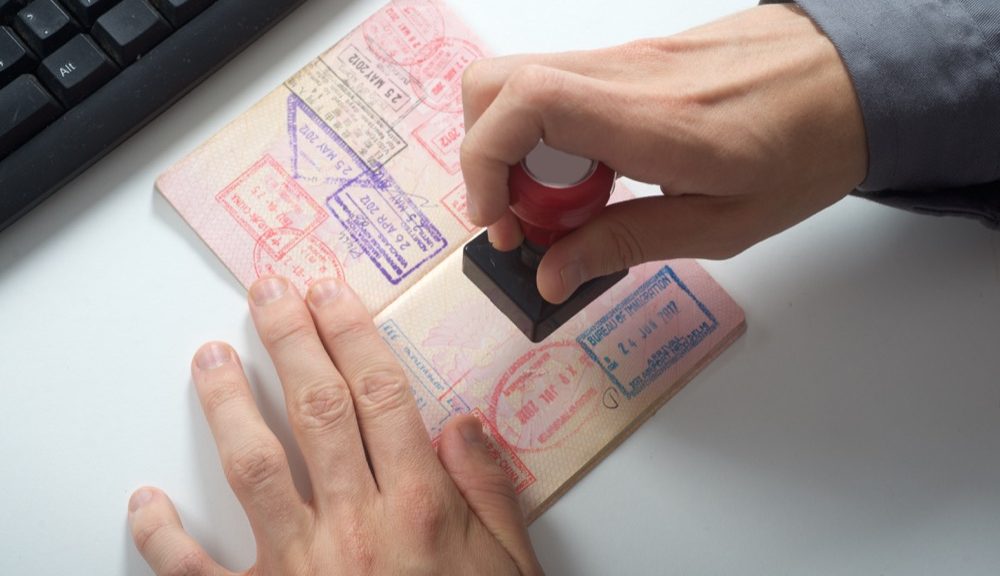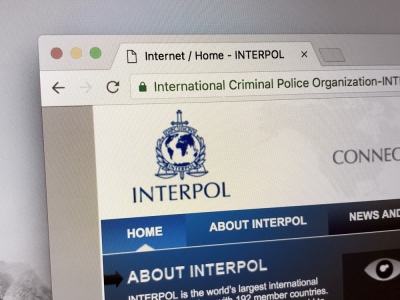INTERPOL Confirms the Limited Role of Preemptive Requests by Which Individuals Warn the Organization of Impending Government Abuse of its Resources
According to INTERPOL, there are four types of requests that it receives from individuals: requests for access to the information in the Organization’s files, requests to correct or delete information (complaints), applications for the revision of decisions rendered by the Commission for the Control of INTERPOL’s Files (CCF), and preemptive (preventive) requests warning INTERPOL of potentially incoming abusive Red Notices, diffusions or other government requests. Of those four, preemptive is the only type of individual request that is nowhere mentioned in INTERPOL’s rules. It should not come as a surprise then that, unlike other individual requests, preemptive requests are not subject to any formal procedure for their consideration.

It is no secret that INTERPOL has serious issues with transparency for which it is widely criticized. One of the many examples is the INTERPOL refugee-asylum-seeker policy. Even though the policy was first introduced in 2015 and has proven to be a significant step towards better protection of victims of INTERPOL abuse, to this day, the Organization has not published its text. As ironic and incomprehensible as the absence of the policy in INTERPOL’s public disclosures is, at least, the policy has been officially adopted by the INTERPOL General Assembly, which makes requests based on its provisions subject to the same procedural rules that apply to requests for access and deletion of data. At the same time, preemptive requests have no formal status that would make it mandatory for the Organization to consider them, render decisions and enforce them. This creates a serious void in the INTERPOL redress mechanism.
Preemptive requests are important exactly because they are preemptive. INTERPOL’s obligation to act preemptively in fighting government abuse is chiseled in the Organization’s rules. The obligation is unambiguous, it is beyond dispute, and INTERPOL is given broad powers to fulfill it. How is it possible then that INTERPOL does not have a clearly defined, transparent and accessible formal procedure for the consideration of requests that are designed to help the Organization to prevent the abuse before it occurs? There can be no justification for such status quo.
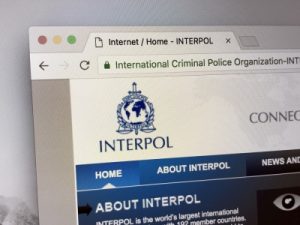 For a very long time, INTERPOL would not comment on how it had been handling preemptive requests, although CCF on several occasions disclosed their number in its annual reports. CCF does not consider preemptive requests because it sees its powers as limited to data already recorded in INTERPOL’s databases, while preemptive requests concern data that, at least to their authors’ knowledge, have not been communicated via the Organization’s channels yet. INTERPOL has finally released its official guidance concerning the role of preemptive requests and how it handles them. According to INTERPOL, after CCF receives a preemptive request, it forwards it to the General Secretariat for its “information and appropriate action.” Neither does INTERPOL clarify what “appropriate action” means nor does the Organization guarantee that it will consider, much less act, on a preemptive request. There is not even a hint that the General Secretariat would notify the author of a preemptive request whether it would take any steps to address her or his concerns or even that it would notify the author if a government request of which s/he is trying to warn INTERPOL is received. INTERPOL has, therefore, confirmed the very limited role that preemptive requests play in the Organization’s activities.
For a very long time, INTERPOL would not comment on how it had been handling preemptive requests, although CCF on several occasions disclosed their number in its annual reports. CCF does not consider preemptive requests because it sees its powers as limited to data already recorded in INTERPOL’s databases, while preemptive requests concern data that, at least to their authors’ knowledge, have not been communicated via the Organization’s channels yet. INTERPOL has finally released its official guidance concerning the role of preemptive requests and how it handles them. According to INTERPOL, after CCF receives a preemptive request, it forwards it to the General Secretariat for its “information and appropriate action.” Neither does INTERPOL clarify what “appropriate action” means nor does the Organization guarantee that it will consider, much less act, on a preemptive request. There is not even a hint that the General Secretariat would notify the author of a preemptive request whether it would take any steps to address her or his concerns or even that it would notify the author if a government request of which s/he is trying to warn INTERPOL is received. INTERPOL has, therefore, confirmed the very limited role that preemptive requests play in the Organization’s activities.
In considering whether to file a preemptive request with INTERPOL, it is also important to remember that if CCF generally respects the confidentiality of individual submissions, no such obligation exists on the part of the General Secretariat. That is, there is always a possibility that the information in a preemptive request will be shared with the government which the individual believes is planning on abusing INTERPOL’s channels as well as with other governments, and against the individual in question.
Taking into consideration the limited role of preemptive requests and the lack of guarantee that the information contained in them is kept confidential, the next obvious question is whether it is worth filing a preemptive request with INTERPOL. It does, of course, depend on the circumstances of a particular case, but, in my opinion, in most cases it is worth it. After all, no matter how small the chance is that INTERPOL will act on a preemptive request, it might still prove to be more effective to warn the Organization of an incoming abusive Red Notice, diffusion or other government request than not. It is, however, important to remember that, as mentioned above, INTERPOL might not treat the information in a preemptive request as confidential and draft such request with that in mind.

 NEMETS Law Firm has launched a webinar series dedicated to the problem of Red Notice abuse and other abuse of INTERPOL’s channels. In this regard, Yuriy Nemets, the firm’s managing member, said: “INTERPOL defense is a fairly young area of law. Due to its relatively young age, there are very few sources from which individuals who become targets of Red Notices and other government requests disseminated via INTERPOL’s channels can gather information about their rights. It is also a very complex area of legal practice. Over the years, many of INTERPOL’s initiatives expanding its role as the most effective hub for international police cooperation have created new dangers for the victims of abuse, while INTERPOL’s lawmaking has largely failed to keep up and ensure that this expanding role is in compliance with the organization’s human rights obligations. At the same time, INTERPOL’s application of its rules in cases of abuse has formed a substantial body of ‘case law’ that has provided a valuable insight for legal professionals while leaving many important questions unanswered. It is because of its depth and intricacies that we are launching this series. Our goal is to raise awareness, talk about the problems that the victims of Red Notice and other INTERPOL abuse face and, hopefully, find and suggest solutions to these problems.”
NEMETS Law Firm has launched a webinar series dedicated to the problem of Red Notice abuse and other abuse of INTERPOL’s channels. In this regard, Yuriy Nemets, the firm’s managing member, said: “INTERPOL defense is a fairly young area of law. Due to its relatively young age, there are very few sources from which individuals who become targets of Red Notices and other government requests disseminated via INTERPOL’s channels can gather information about their rights. It is also a very complex area of legal practice. Over the years, many of INTERPOL’s initiatives expanding its role as the most effective hub for international police cooperation have created new dangers for the victims of abuse, while INTERPOL’s lawmaking has largely failed to keep up and ensure that this expanding role is in compliance with the organization’s human rights obligations. At the same time, INTERPOL’s application of its rules in cases of abuse has formed a substantial body of ‘case law’ that has provided a valuable insight for legal professionals while leaving many important questions unanswered. It is because of its depth and intricacies that we are launching this series. Our goal is to raise awareness, talk about the problems that the victims of Red Notice and other INTERPOL abuse face and, hopefully, find and suggest solutions to these problems.”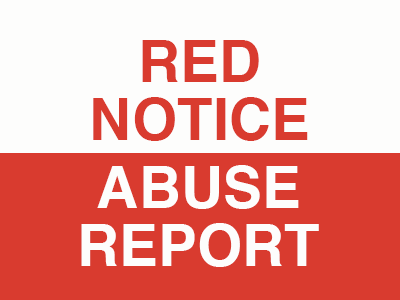
 In August 2017, just over two weeks apart, two European Union citizens, writer Dogan Akhanli and journalist Hamza Yalçin, both critical of Turkish President Recep Tayyip Erdogan’s regime, were detained in Spain. Spanish authorities acted on requests that Turkey was able to disseminate via INTERPOL following what Erdogan branded a failed coup against him. After these incidents, a meeting between European Union and INTERPOL officials took place during which the latter
In August 2017, just over two weeks apart, two European Union citizens, writer Dogan Akhanli and journalist Hamza Yalçin, both critical of Turkish President Recep Tayyip Erdogan’s regime, were detained in Spain. Spanish authorities acted on requests that Turkey was able to disseminate via INTERPOL following what Erdogan branded a failed coup against him. After these incidents, a meeting between European Union and INTERPOL officials took place during which the latter 
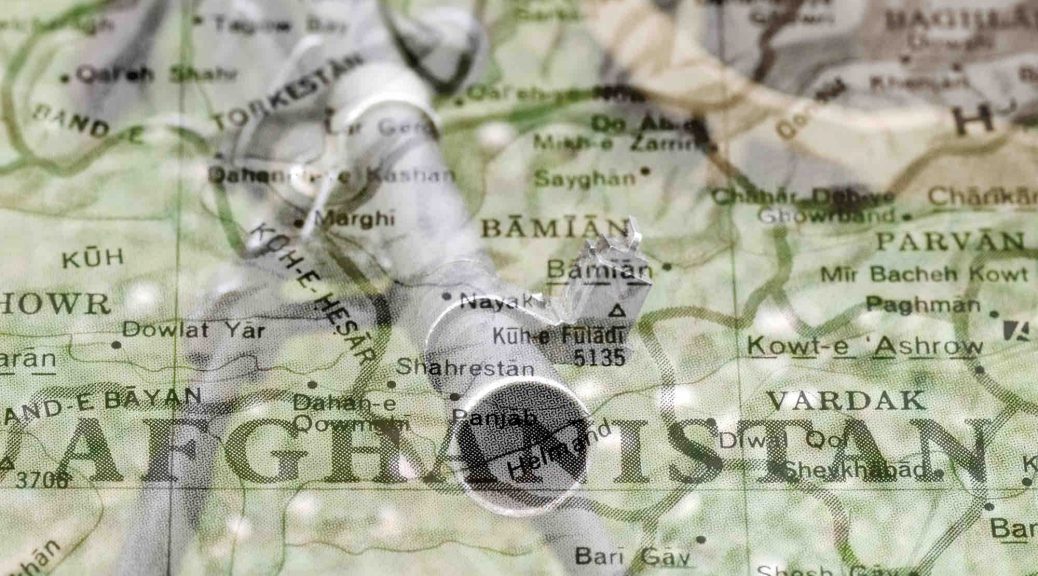
 For several days, the world watched Afghanistan fall into the hands of the Taliban. What seems even more stunning than the speed with which the country has been taken over is what appears to be the readiness of some politicians, including those representing Western democracies, to recognize the new regime as a legitimate government. Let us imagine the Taliban using INTERPOL.
For several days, the world watched Afghanistan fall into the hands of the Taliban. What seems even more stunning than the speed with which the country has been taken over is what appears to be the readiness of some politicians, including those representing Western democracies, to recognize the new regime as a legitimate government. Let us imagine the Taliban using INTERPOL.